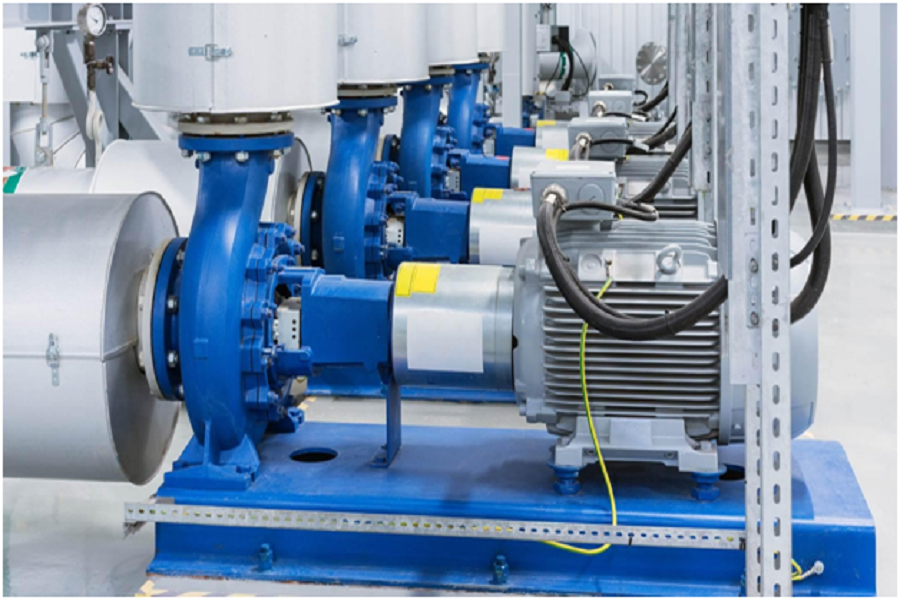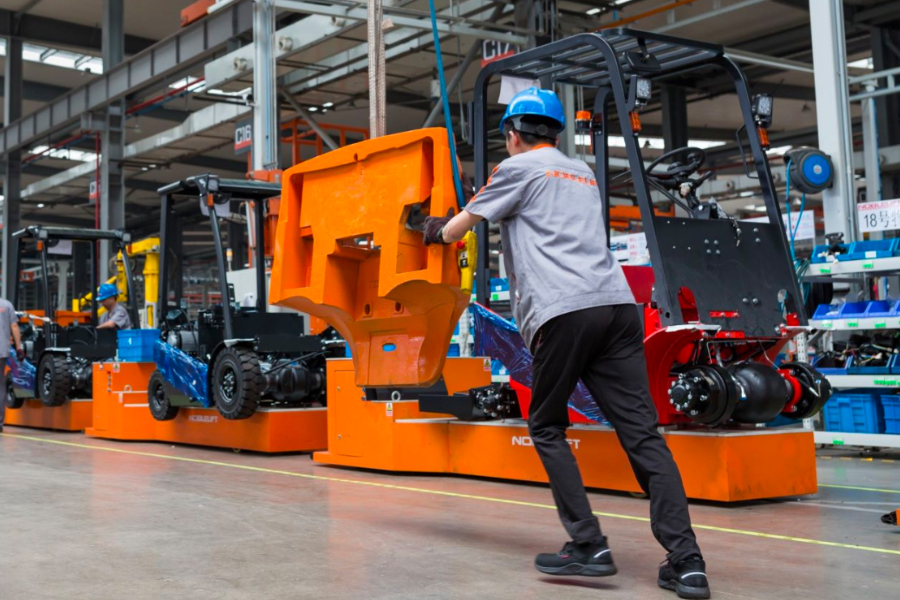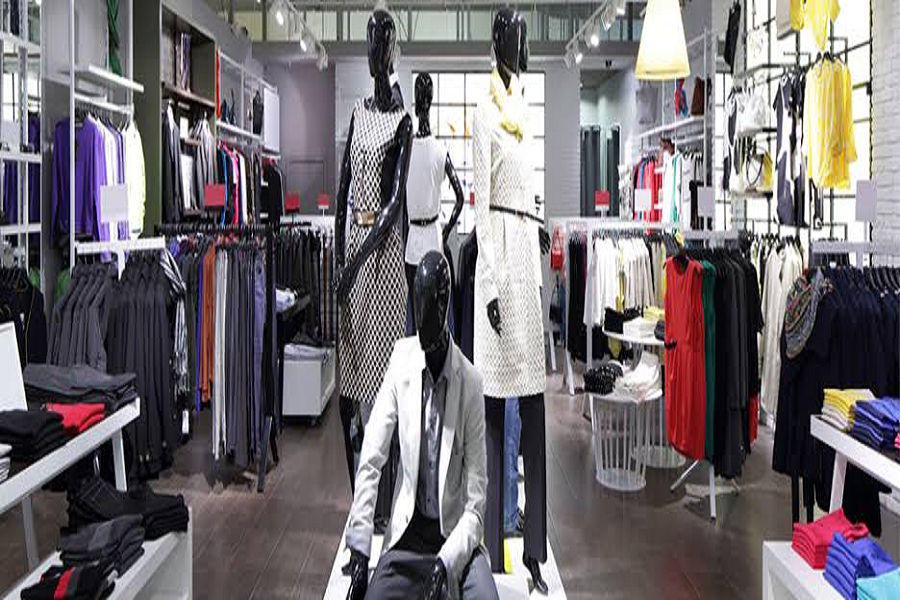When it comes to selecting hydronic pumps for your heating and cooling systems, one critical factor to consider is the material from which the pump is constructed. Each material—bronze, cast iron, and stainless steel—comes with its own set of advantages and disadvantages. In this blog post, we will explore these materials and help you make an informed decision when choosing the right one for your specific system requirements.
Bronze Hydronic Pumps
Advantages:
Corrosion Resistance:
Bronze is highly resistant to corrosion, making it an excellent choice for hydronic pumps in systems where water quality may vary or in corrosive environments.
Strength and Durability:
Bronze has excellent mechanical properties, offering high tensile strength and durability, which translates to a long service life for pumps.
Temperature Resistance:
Bronze can withstand a wide range of temperatures, making it suitable for both heating and cooling applications.
Disadvantages:
Cost:
Bronze hydronic pumps tend to be more expensive than their cast iron counterparts, which can impact the initial investment.
Weight:
Bronze is denser than other materials, which can make bronze pumps heavier and potentially more challenging to install.
When to Choose Bronze:
Opt for bronze hydronic pumps in applications where corrosion resistance and long-term durability are essential, such as in marine, coastal, or chemically aggressive environments.
Cast Iron Hydronic Pumps
Advantages:
Cost-Effective:
Cast iron pumps are often more budget-friendly than pumps made from other materials, making them an attractive choice for cost-conscious projects.
Strength:
Cast iron is known for its strength and ruggedness, making it suitable for high-pressure and demanding applications.
Dampens Noise and Vibration:
Cast iron has natural noise-dampening properties, which can help reduce operational noise in heating and cooling systems.
Disadvantages:
Corrosion Susceptibility:
Unlike bronze and stainless steel, cast iron is prone to corrosion, particularly when exposed to oxygen and moisture.
Limited Resistance to High Temperatures:
Cast iron may not be suitable for high-temperature applications, as it can warp or crack under extreme heat.
When to Choose Cast Iron:
Select cast iron hydronic pumps for applications where cost-effectiveness and strength are priorities, and where corrosion resistance is not a primary concern.
Stainless Steel Hydronic Pumps
Advantages:
Superior Corrosion Resistance:
Stainless steel hydronic pumps are highly resistant to corrosion, even in harsh environments or with aggressive water conditions.
Temperature Tolerance:
Stainless steel can withstand a wide temperature range, making it suitable for both heating and cooling systems.
Hygienic and Clean:
Stainless steel is easy to clean and maintain, making it a preferred choice for systems requiring high levels of hygiene, such as food processing.
Disadvantages:
Higher Cost:
Stainless steel pumps tend to be more expensive than cast iron pumps, which may impact the budget.
Lower Strength Compared to Cast Iron:
While strong, stainless steel is generally not as robust as cast iron, and may not be suitable for extremely high-pressure applications.
When to Choose Stainless Steel:
Opt for stainless steel hydronic pumps in applications where corrosion resistance, hygiene, and cleanability are crucial, such as food processing, pharmaceuticals, or systems with aggressive water conditions.
Conclusion
Choosing the right material for your hydronic pump is a crucial decision that can significantly impact the longevity and performance of your heating and cooling systems. Consider factors such as corrosion resistance, strength, cost, and the specific demands of your application when making your choice. By understanding the advantages and disadvantages of bronze, cast iron, and stainless steel, you can select the ideal material to meet your unique system requirements and ensure reliable and efficient operation for years to come.





